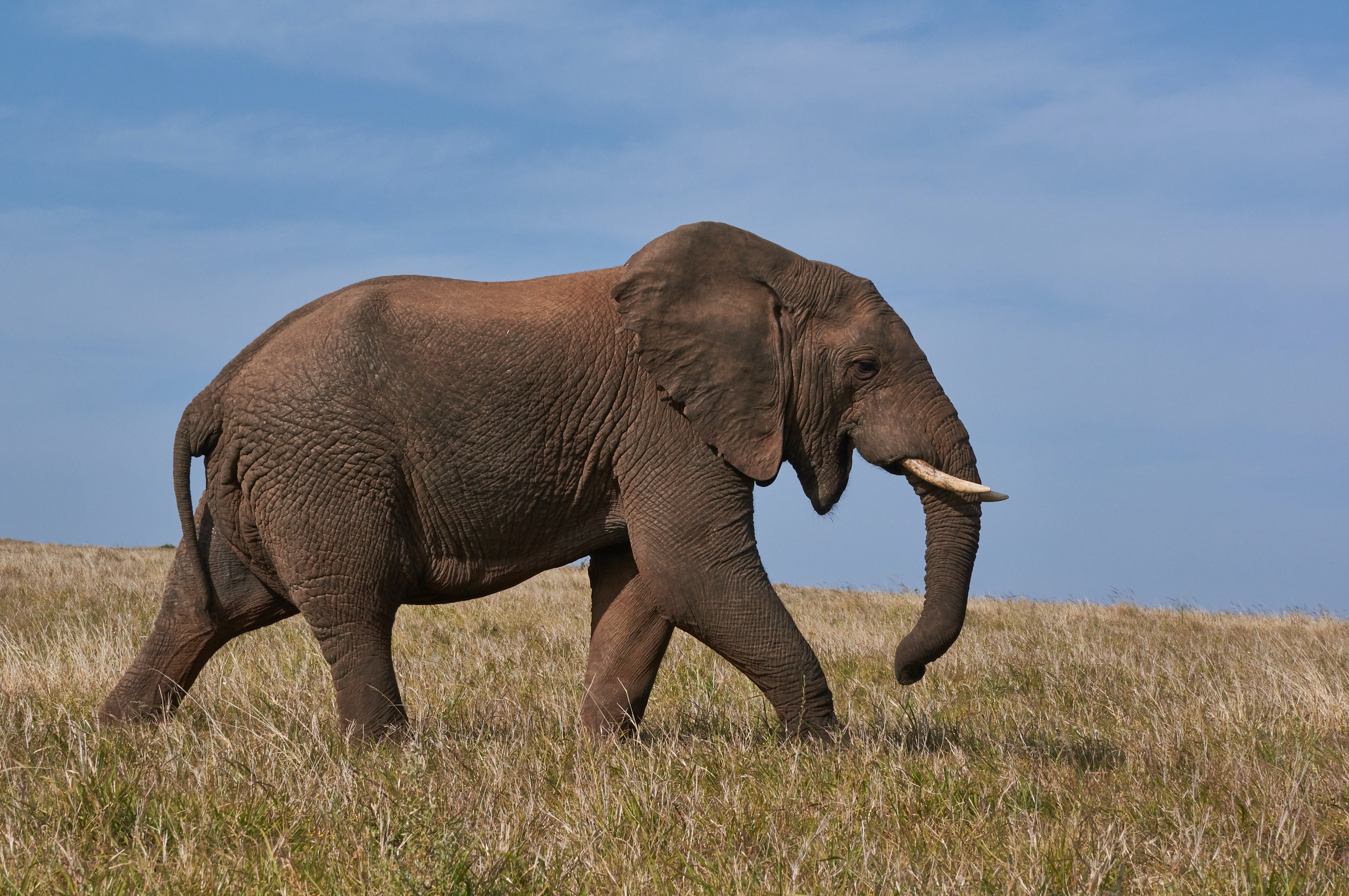Conflicts with wildlife skyrocketing in Zimbabwe’s rural areas
Injuries, deaths, loss of livestock and crops are being recorded across the country

Your support helps us to tell the story
From reproductive rights to climate change to Big Tech, The Independent is on the ground when the story is developing. Whether it's investigating the financials of Elon Musk's pro-Trump PAC or producing our latest documentary, 'The A Word', which shines a light on the American women fighting for reproductive rights, we know how important it is to parse out the facts from the messaging.
At such a critical moment in US history, we need reporters on the ground. Your donation allows us to keep sending journalists to speak to both sides of the story.
The Independent is trusted by Americans across the entire political spectrum. And unlike many other quality news outlets, we choose not to lock Americans out of our reporting and analysis with paywalls. We believe quality journalism should be available to everyone, paid for by those who can afford it.
Your support makes all the difference.By Mary Mundeya for The Feed Zw
Human wildlife conflict is becoming a major challenge in Zimbabwe. Increasing populations of both humans and animals lead to competition over resources, leading animals to stray into settlements. Mary Mundeya of The Feed Zw visited Mbire region, where farmers and villagers told her of their challenges. Zimbabwe Parks and Wildlife Management Authority recorded over 2,000 distress calls in 2021 alone, and is educating communities on how to deal with conflicts.
Watch Mary’s mini documentary here.
This article is reproduced here as part of the African Conservation Journalism Programme, funded in Angola, Botswana, Mozambique, and Zimbabwe by USAID’s VukaNow: Activity. Implemented by the international conservation organisation Space for Giants, it aims to expand the reach of conservation and environmental journalism in Africa, and bring more African voices into the international conservation debate.
Join our commenting forum
Join thought-provoking conversations, follow other Independent readers and see their replies
Comments